
At 25 I thought I was ready for marriage. I was raised in a Christian home, graduated from a Christian school, received a bachelor’s degree from a Christian university, and a Master’s of Divinity from seminary where we were required to take an entire course on marriage. I could give you the biblical basis for marriage, the purpose of marriage, and recount any other historical and theological truths about marriage. The truth is I really didn’t have a clue what I was getting into, and praise God he placed Amy in my life where she has shown me grace upon grace for these past 15 years (in which I’m still learning).
At one of the sessions of a recent marriage conference led by Dr. Allen Holmes, he compared and contrasted the world’s approach to marriage with the biblical approach to marriage. As someone who has feebly counseled those with marriage troubles, I agree with his assessment and want to offer it here:
The Worlds Approach To Marriage
Step 1 – Find the Right Person
Step 2 – Fall in Love
Step 3 – Fix Your Hopes and Dreams On This Person
When This Fails Repeat Steps 1-3
I have witnessed and seen this approach attempted and tried over and over. I have seen it communicated through the arts and media as if it is an accepted truth and mantra. Dr. Holmes rightly points out that step three is utter idolatry and is bound to set us up for failure. While this approach is the accepted approach of our culture, it is not the only way.
God’s Approach to Marriage
Step 1 – Become the Right Person
Step 2 – Walk In Love
Step 3 – Fix My Hopes and Dreams in God
*If That Fails Repeat Steps 1-3
The Biblical approach focuses inwardly first-before I can even entertain marriage (and even after becoming married) my approach should be in developing my own character. How can I become more like Jesus and developers the fruit of the spirit in my life? The second step turns outward–out of an overflow of a life-receiving relationship with the Lord, I can then show love and grace towards others. Instead of “fixing” my spouse, I need to allow Christ to fix me, and I should show the love of Christ to my spouse. Finally, instead of fixing my hopes and dreams on the perfect marriage or the perfect spouse-my hopes and dreams should be focused on God-his rightful place as first in my heart, in my marriage, and in my family. If all this fails-even in a fallen world-we are to repeat steps 1-3.
Question For Discussion: If you are married or considering marriage can you commit to each other to take the biblical approach to marriage
(This is part two, to read part one click here.)





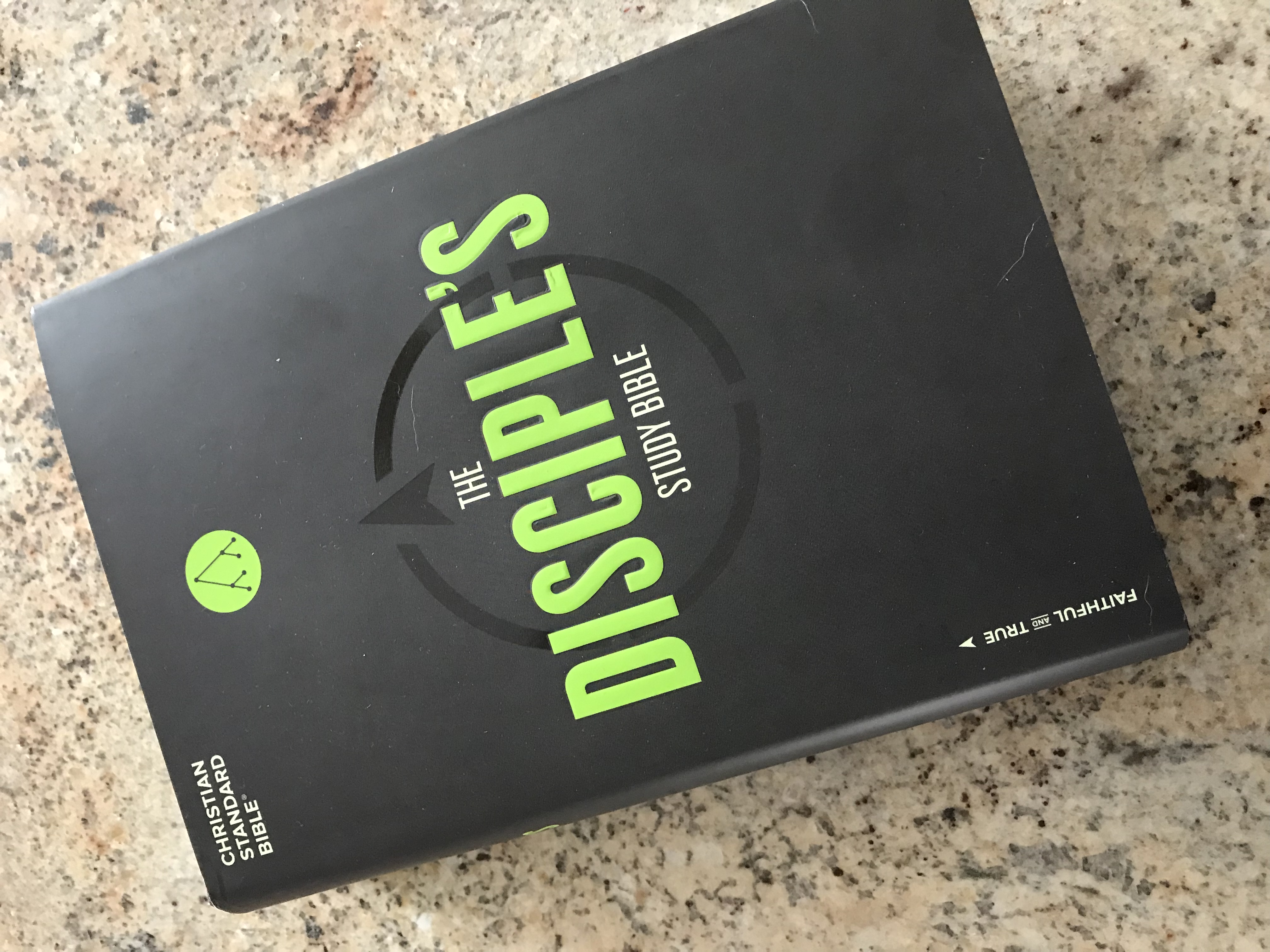
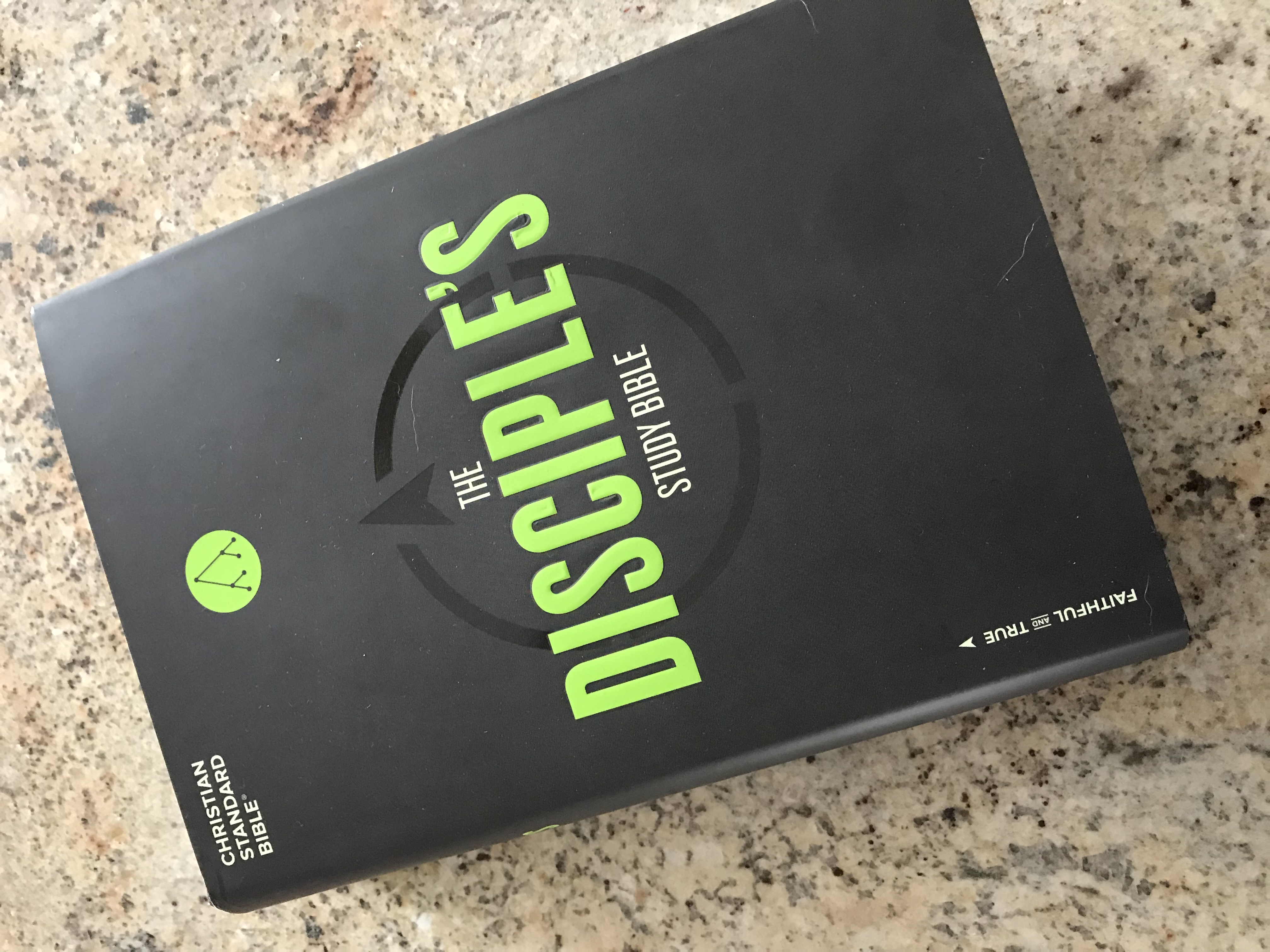
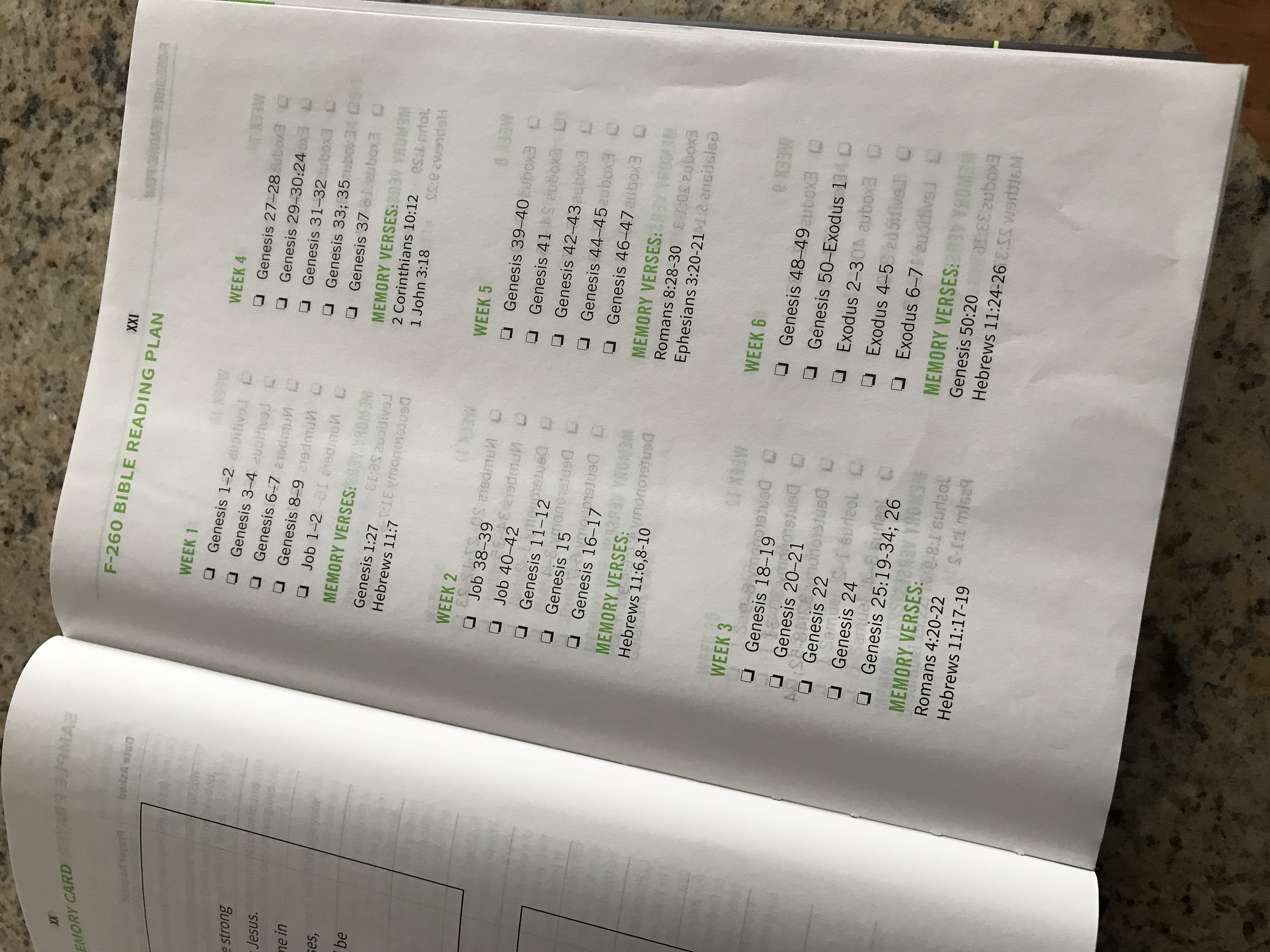
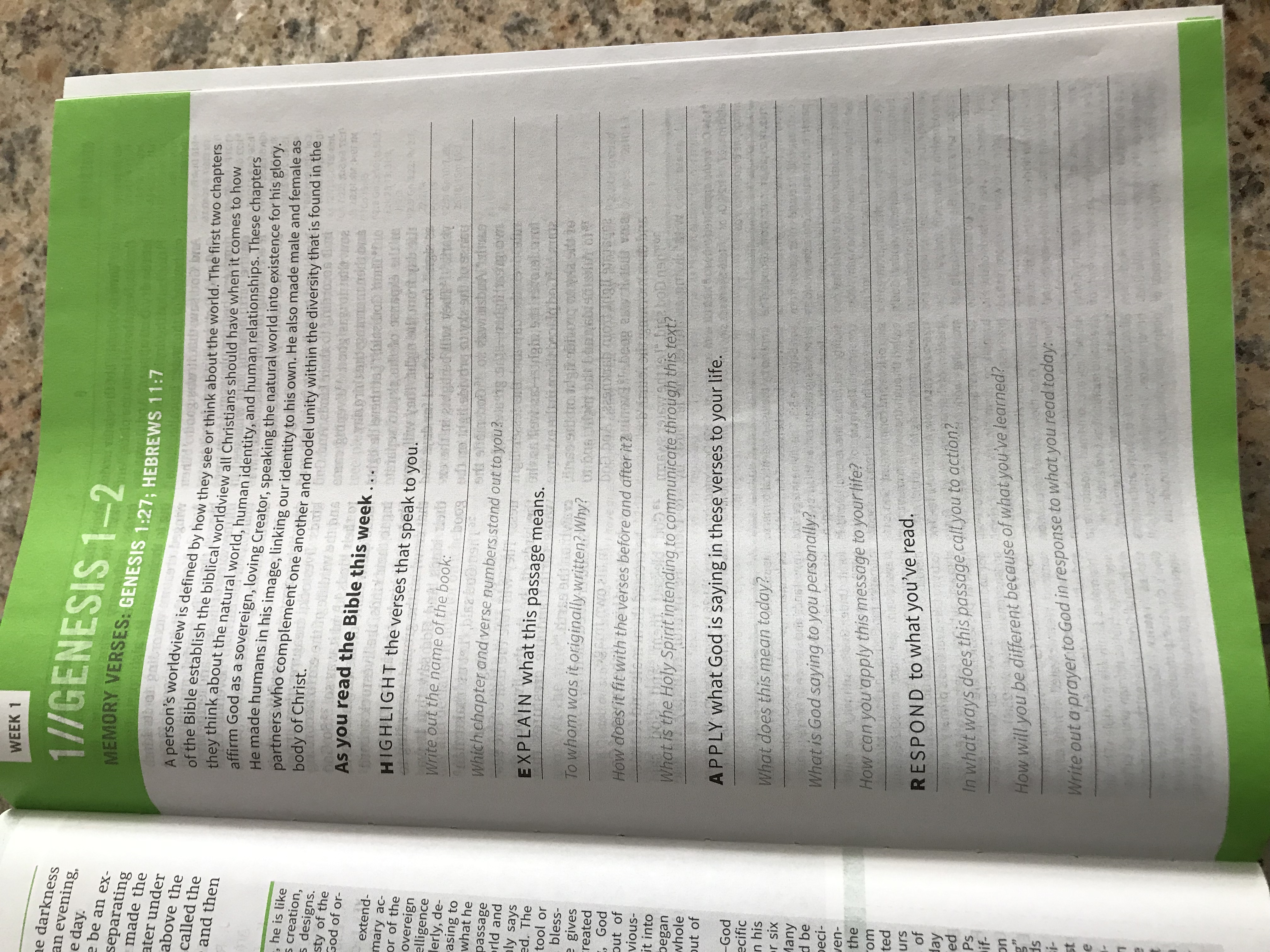
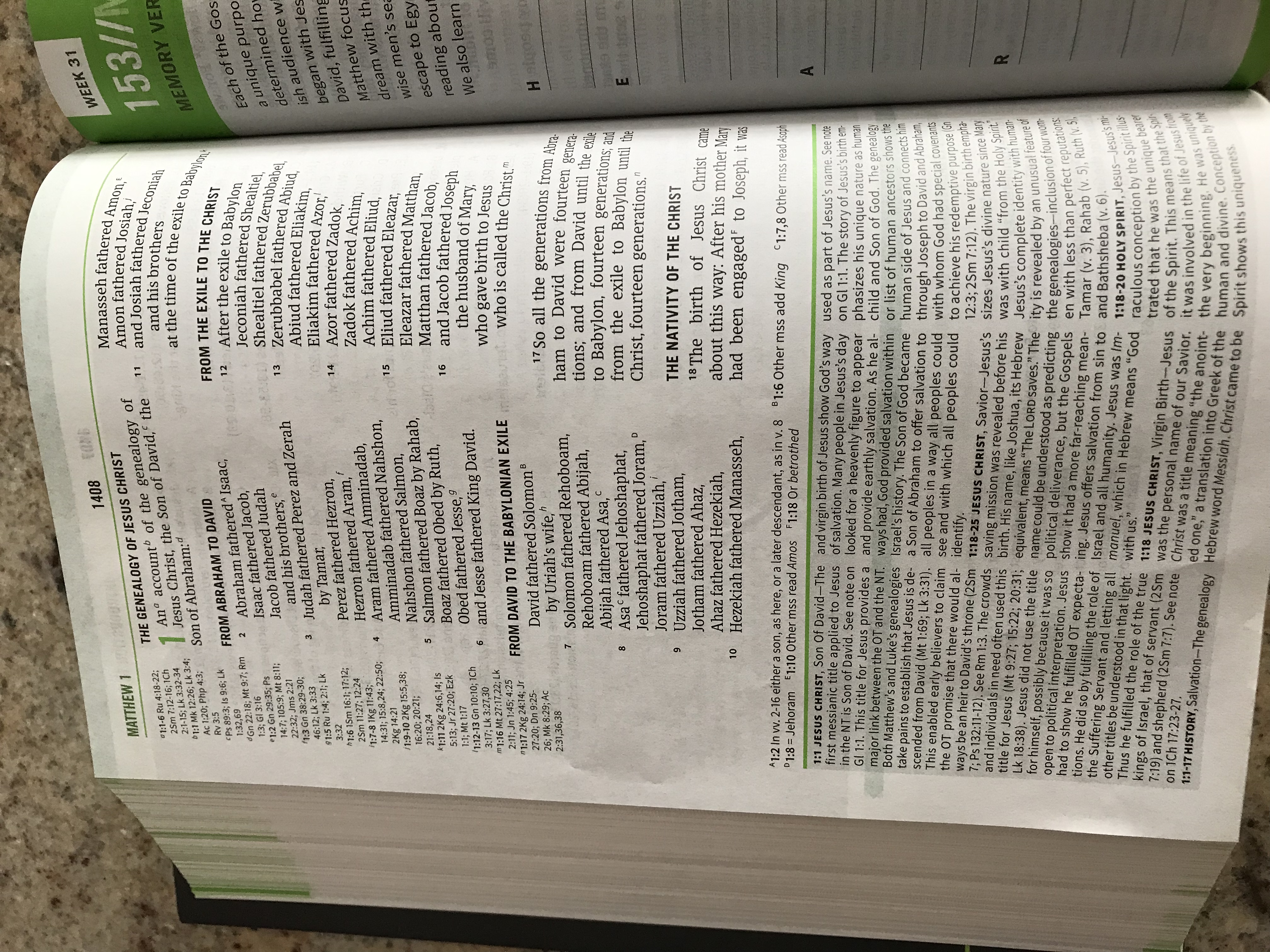
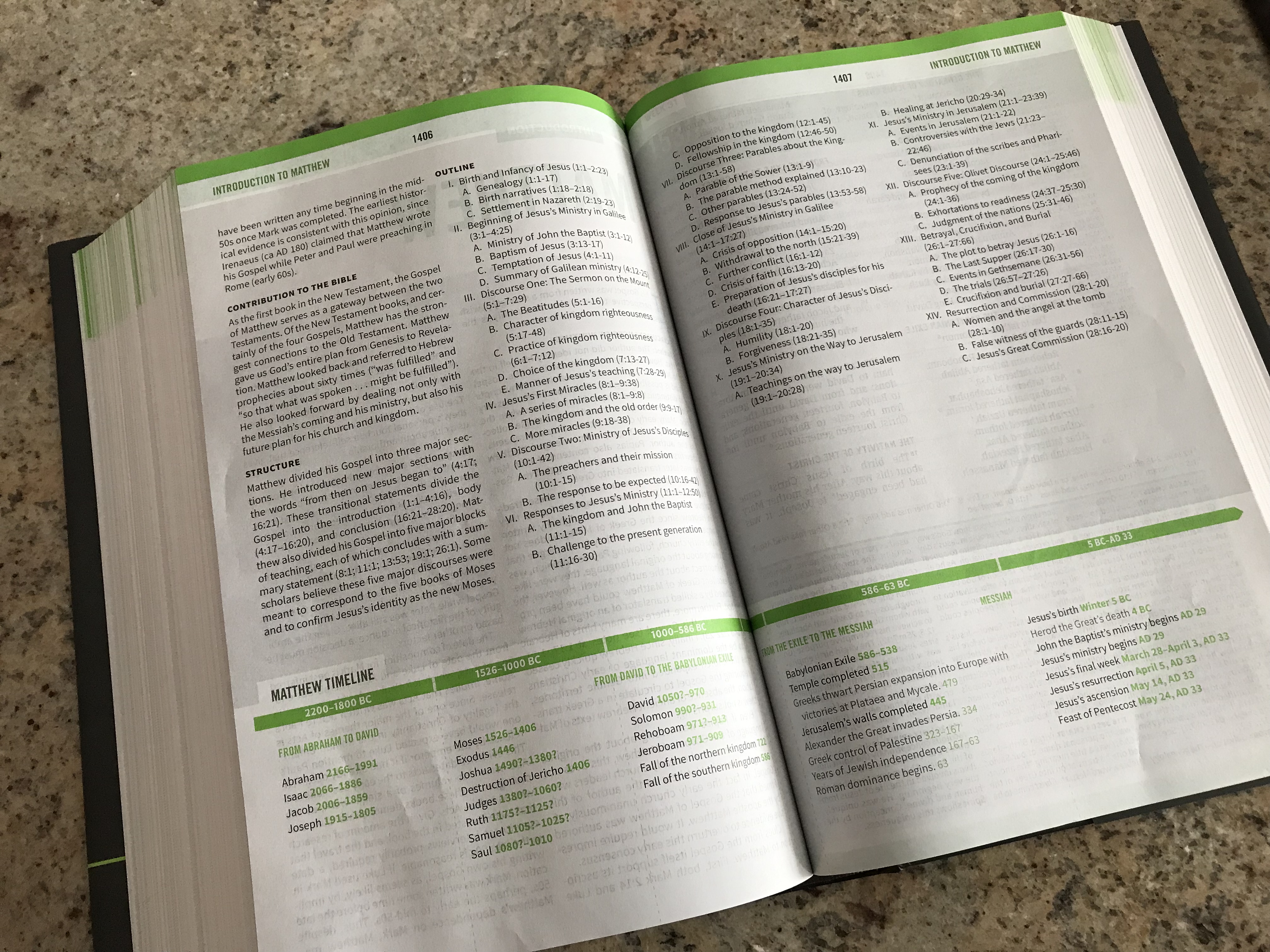
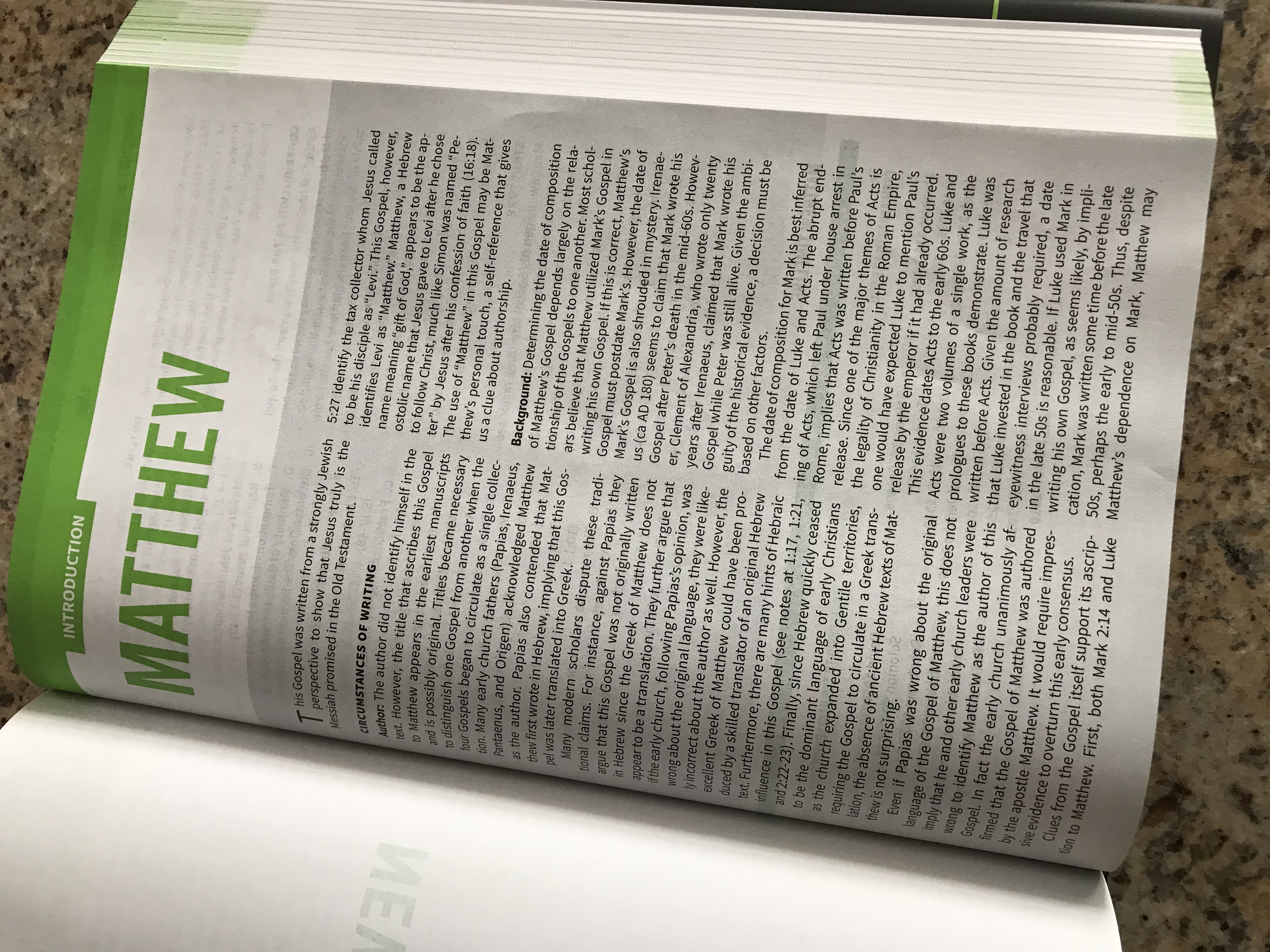

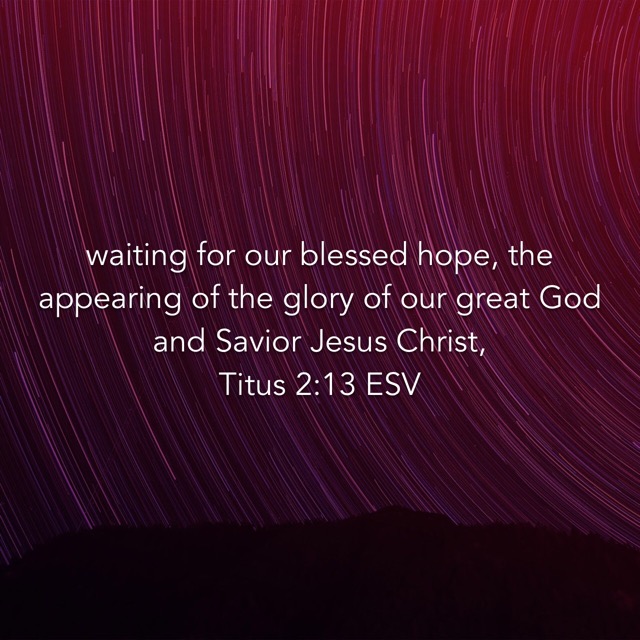
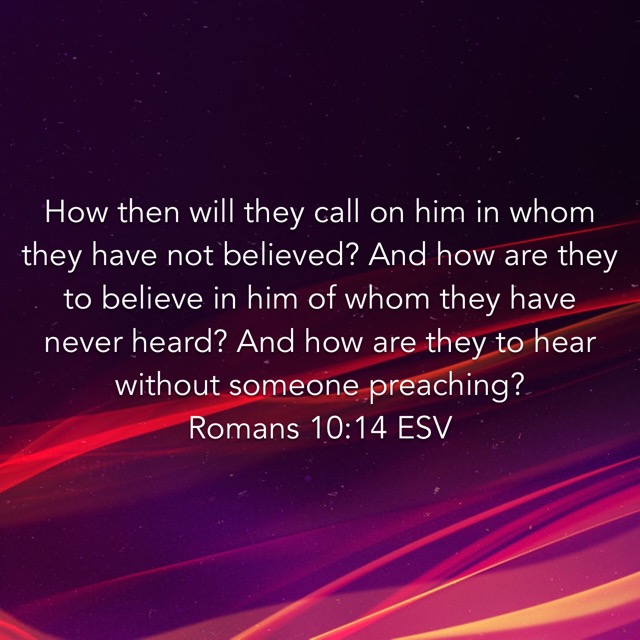
 On June 26th 2015 the Supreme Court of the United States ruled 5-4 and in one moment legalized same-sex marriage across all 50 states. This is a decision that we have seen coming for some time. It did not happen overnight. It should not come as a shock or as a surprise to anyone. It should serve as a wakeup call to every Christian who has grown up in this country that the United States is no longer a Christian nation. If there was any doubt left, yesterday’s decision has left no stone unturned.
On June 26th 2015 the Supreme Court of the United States ruled 5-4 and in one moment legalized same-sex marriage across all 50 states. This is a decision that we have seen coming for some time. It did not happen overnight. It should not come as a shock or as a surprise to anyone. It should serve as a wakeup call to every Christian who has grown up in this country that the United States is no longer a Christian nation. If there was any doubt left, yesterday’s decision has left no stone unturned.